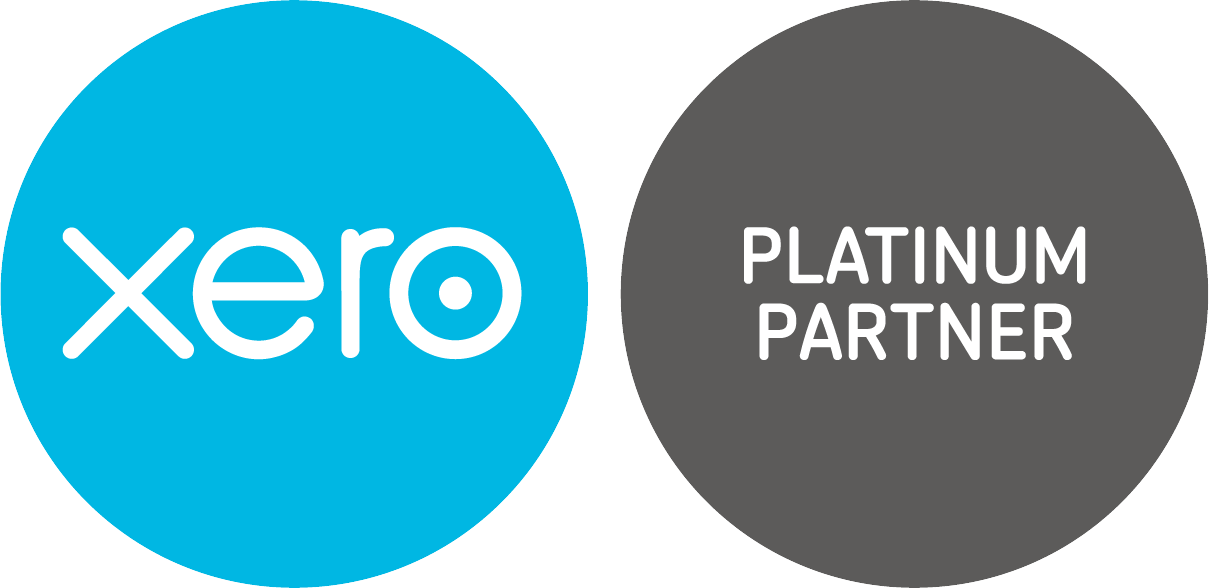Player Payment Rules and How They Will Affect You?
If you haven't noticed over the last few years, metropolitan and suburban football has been struggling. Small community football clubs all across the land are folding or merging, as they can no longer support escalating player payments along with dwindling volunteer help.
However, 2017 marks the first year for the Community Club Sustainability -Player Payment Rules. Put in place to maintain support and grow Australian Football at Community Level, while ensuring competitions are evenly matched and clubs financially viable.
From this season all player payments (match payments, cash incentives, bonuses, travel allowances, finals appearances and payments for other non playing roles) will be reported to the AFL before the season starts as a budget. Payments that have actually been made will then be lodged and reported to the AFL at the end of the season, post finals.
The 'salary cap' has been introduced in to stop financially stronger clubs being able to obtain an unfairly large proportion of the best players at the expense of the financially weaker clubs. Its aim will also be to boost memberships at all clubs, due to the more-even competition, which hopefully produces more volunteers.
Customarily, in the past, all or part of player match payments may have been 'cash' with the other portion being an actual 'wage' or 'travel allowance' and possibly appearing on a PAYG Summary.
'Cash' payments require no reporting on the clubs behalf and they do not form part of your taxable income.
If you have received a wage or allowance from football you would have received a PAYG Summary and it would form part of your taxable income (treated exactly the same as a PAYG Summary you received from other employers). You would need to keep record of this for when you lodged your Income Tax Return.
With the new Salary Cap and player contracts in place in the 2017 season - all match payments, cash incentives and bonuses will have to be reported by your football club to the AFL and also the Australian Taxation Office (ATO). This means you will receive a PAYG Summary and the Income you receive from Football will be taxable income.
The AFL have put in place severe sanctions for both Clubs and Individual Players if Player Payment Rules are not adhered to, which range from monetary sanctions, clubs forfeiting the right to register specific players, players forfeiting the right to register for a specific club or league, relegation of clubs and loss of or ineligibility of Premiership Points for past, current or future years.
So what does this mean for you as a Footballer?
Well to put it simply, you are now recognized as an 'employee' of your respective football club if they pay you in any way, shape or form. Any income received will have to be declared, but footballers may also be able to claim deductions against this income for football related expenses.
As well as this, players may also be entitled to Super Guarantee Contributions of 9.5% of their earnings from their employer, the football club.
To find out more information on what you may have to declare and what you may be able to claim as a footballer, call us on (03) 5032 9422






